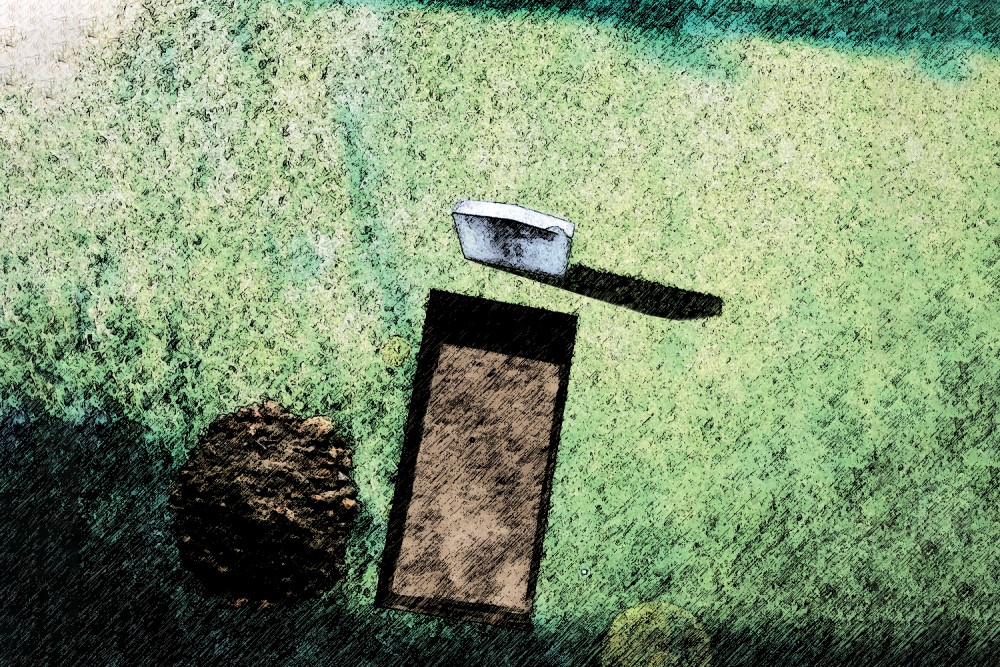A poet’s truth at the graveside
At the interment, the holy words I needed to hear weren’t from the Bible.

Century illustration
Our paths crossed in a graduate seminar room far above Cayuga’s waters in upstate New York, with tentative conversations about home, which we both deeply missed. I was a mere five-hour drive from home, while he was two flights away. But we both felt far away from those we loved and the communities that had given us life. We immediately became thick as thieves, and I’m sure that those who watched our friendship blossom wondered what a White boy from rural Alabama and a Black girl from inner city Brooklyn had in common.
As it turns out, we had so many things in common. While Jake Adam York was a budding poet, writing about his grandparents’ era, I was a budding theologian, trying to figure out my grandparents’ religion. We talked race, religion, history, sweet tea, buttermilk biscuits, and the lack of good barbecue. I remember a few trips in search of southern cuisine, as well as a hilarious road trip to a rap concert in Syracuse.
After graduate school, I followed Jake’s career from afar. His meteoric rise as a star in American poetry wasn’t unexpected, as I had heard his poems before they were poems, workshopped in the classroom. And I had begun writing theology for both academic and public audiences, some of which he had read and critiqued. In both our work, we were drawn to historical periods that we had not experienced, to events we hadn’t lived through and could only know through the whispers of our ancestral muses. I envied his success and his brilliance. Only once after graduate school did I have a chance to hear him read in public, after the publication of his second book of poems. I knew I was witnessing an extraordinary voice in American literature and that I had been privileged to sit with him in a classroom and learn alongside him.




